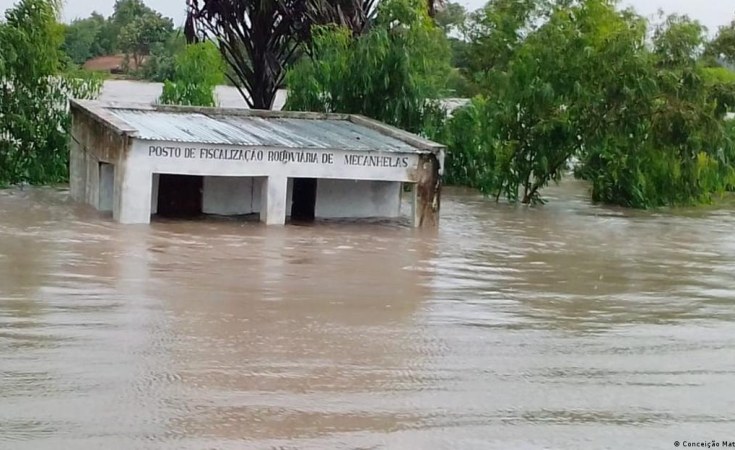Maputo — Mozambique's Central Regional Water Board (ARA - Centro) has called for the immediate withdrawal of the population living near river banks because of the danger of flooding as the rainy season reaches its peak.
The districts in question are Doa and Mutarara, in Tete province; Chemba, Caia and Marromeu, in Sofala province; Mopeia and Morrumbala in Zambézia province, as well as Tambara in Manica. All are located within the Zambezi basin.
The inhabitants of these districts, according to the head of the water resources department at ARA-Centro, Francisco Macaríngue, are in danger, and therefore should move to safer places.
"Although the weather forecasts indicate little rainfall due to the El Niño phenomenon, people should remove their belongings from areas prone to natural disasters", Macaríngue said, cited by Rádio Mozambique.
In November, Mozambique's relief agency, the National Disaster Management Institute (INGD), announced that it needs 14.3 billion meticais (223 million US dollars, at the current exchange rate) to cover the projected needs for the 2023-2024 rainy season.
The INGD claimed to have only 4.3 billion meticais available, which pointed to a deficit of 10 billion meticais.
The El Nino phenomenon is characterized by a warming of the surface waters of parts of the Pacific Ocean, which has far reaching effects on the weather across the world. In southern Mozambique, El Nino hs been blamed for severe drought.
The INGD warns that, despite the recent heavy rains in Maputo province, notably in the basin of the Incomati river, the threat of El Nino-related drought remains.
Speaking to reporters, the INGD Maputo provincial delegate, Sara Matchie, said communities should not relax just because of the recent rains, since drought is a slow-progressing phenomenon.
She recommended that all citizens be ready to deal with the possible effects of the drought resulting from El Niño.
"We continue to monitor events, the rainy season is just beginning and it's important to stress that El Niño doesn't mean we can't have flooding problems', said Matchie. "As we know, drought is a slow-progressing phenomenon characterized by a lack of rainfall or little rainfall, but that doesn't mean we should relax and be convinced that nothing is going to happen in this regard', she said.
The INGD has recently warned that roads in some regions in the districts of Magude, Manhiça and Marracuene, in Maputo province, are impassable due to the rising water levels of the Incomati River resulting from increased discharges in neighboring countries.


